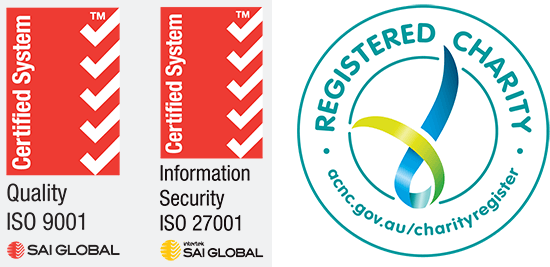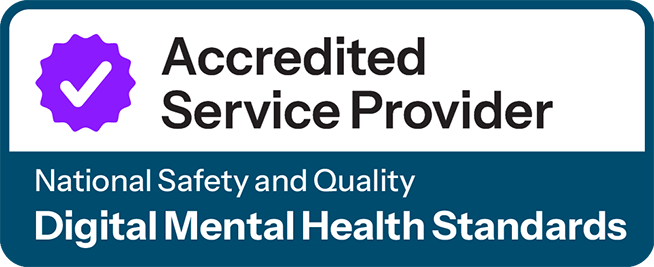QI toolkit: Chronic Condition Management
The Chronic Conditions Management (CCM) quality improvement (QI) toolkit provides a practical guide to help general practices implement continuous QI activities for managing chronic conditions. It supports primary care teams in delivering structured, proactive and person-centred care – enhancing continuity, improving patient outcomes, and increasing efficiency. The toolkit aligns with the revised CCM Medicare Benefits … Continued





